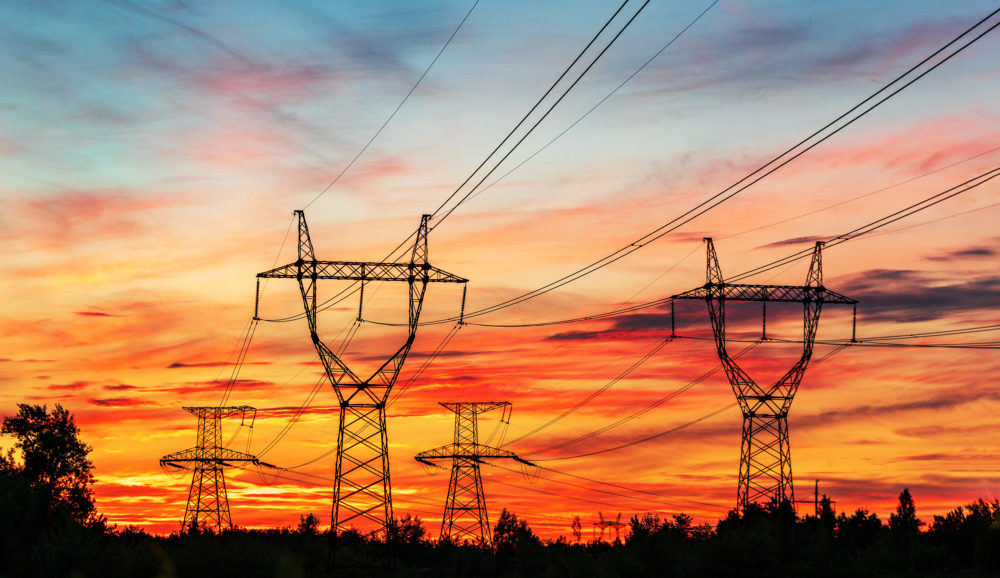There are a number of reasons that you would want to improve your commercial energy efficiency. A few reasons would include saving money on energy costs, reducing maintenance of old systems, reducing greenhouse gas emissions, and improving machine and building efficiency.
If you’re looking for one more reason, though, we have one for you: energy efficiency rebates and incentives.
There are a number of federal tax incentives and rebates that you can receive for updating commercial buildings to be more energy efficient. There are also a number of state-specific incentives as well.
To give you an idea about the money you could save and the rebates/incentives you could potentially receive for improving your energy efficiency, we’re going to give you three examples of available incentives.
Keep in mind that some of these have specific guidelines including the type of business, building, location, state, and improvement that you must have in order to qualify. So that means that you may not be eligible for all (or any) of the ones we talk about. In order to find out, look into the requirements for each rebate closely and don’t hesitate to ask us any questions about your eligibility.
Why Are Energy Efficiency Rebates and Incentives Even Offered?
In a world where energy efficiency and sustainability are hot topic issues, governments are trying to make going green as easy and as enticing as possible, especially for commercial buildings and businesses.
Why? Many states have greenhouse gas emissions targets, and corporations and companies — just like residences — are great targets to help reduce those numbers. By providing rebates and deals to those who opt for energy efficient systems, buildings, and appliances, it gives businesses a financial incentive to switch, which is often the deciding factor.
These are businesses, after all, and we understand as much as the next person that finances come first. Ensuring that energy efficiency is financially viable for businesses means that they’re more likely to go for it, which, in turn, helps the environment.
Now, let’s look at some examples.
1. Energy Star Rebates
Energy Star is one of the premier brands for energy efficient systems and appliances. Many states offer rebates when you purchase Energy Star products and Energy Star certified products, so you’ll essentially be purchasing these things at a discounted price when you account for the rebate.
For example, in Cambridge Massachusetts, you can save $1,000 on Energy Star certified commercial fryers. In New York City, you can receive up to $3 on each light bulb purchase and installation.
These rebates depend on your exact zip code, so take the time to use their online search tool to find rebates that apply to you and your area specifically to see where your business can benefit.
2. Federal Incentives
There are currently about 40 specific federal programs of both incentives and rebates related to energy efficiency. A handy list can be found here.
One example is the Business Energy Investment Tax Credit (ITC). This provides tax incentives/credits for a variety of commercial energy efficiency applications, including:
- 30 percent for solar, fuel cells, and wind technologies
- 10 percent for geothermal, microturbines, and CHP technologies
Many technologies under this incentive have no limit and others have a maximum incentive you can receive. Some, such as rebates on commercial solar panels, are sunsetting, meaning that they fall over the course of several years. This is meant to further incentivize action sooner rather than later. All of the details for these options can be found here.
Another example is the Modified Accelerated Cost-Recovery System (MACRS), which is a federal incentive program that allows businesses to recover costs on things that depreciate over time. This includes many energy efficient systems, appliances, and technologies, and helps ensure that businesses won’t lose money by opting to go green.
3. State-Specific Examples
As with Energy Star rebates, there are tons of state-specific examples that you can take advantage of. As with the federal section, we’ll look at a few examples of state-specific rebates here.
In Massachusetts, Mass Save — a collaboration between several utility providers across the state — is an amazing resource for finding deals, discounts, rebates, and incentives.
A specific Massachusetts example is the Commercial Solar Hot Water Rebate Program. This program allows commercial buildings and businesses to receive rebates for using and installing solar power in their facility/building. This program also offers grants to get started as well as specific construction rebates as well.
In New York, there’s the Con Edison Demand Management for Industrial and Commercial Customers. This allows commercial and industrial businesses to receive rebates on everything from thermal storage to HVAC to lighting controls in qualifying projects.
You can find an amazing list of state-specific programs here.
Have We Convinced You to Go Green?
Now that you know about these energy efficiency rebates, there isn’t much reason not to go green. At Commonwealth Electrical, we’ll work with you to ensure that your business is getting high-quality products and systems in place that can qualify for rebates to make it affordable and worth your investment.
Contact us today to ask any questions and start the planning process for upgrades, installations, and more.

